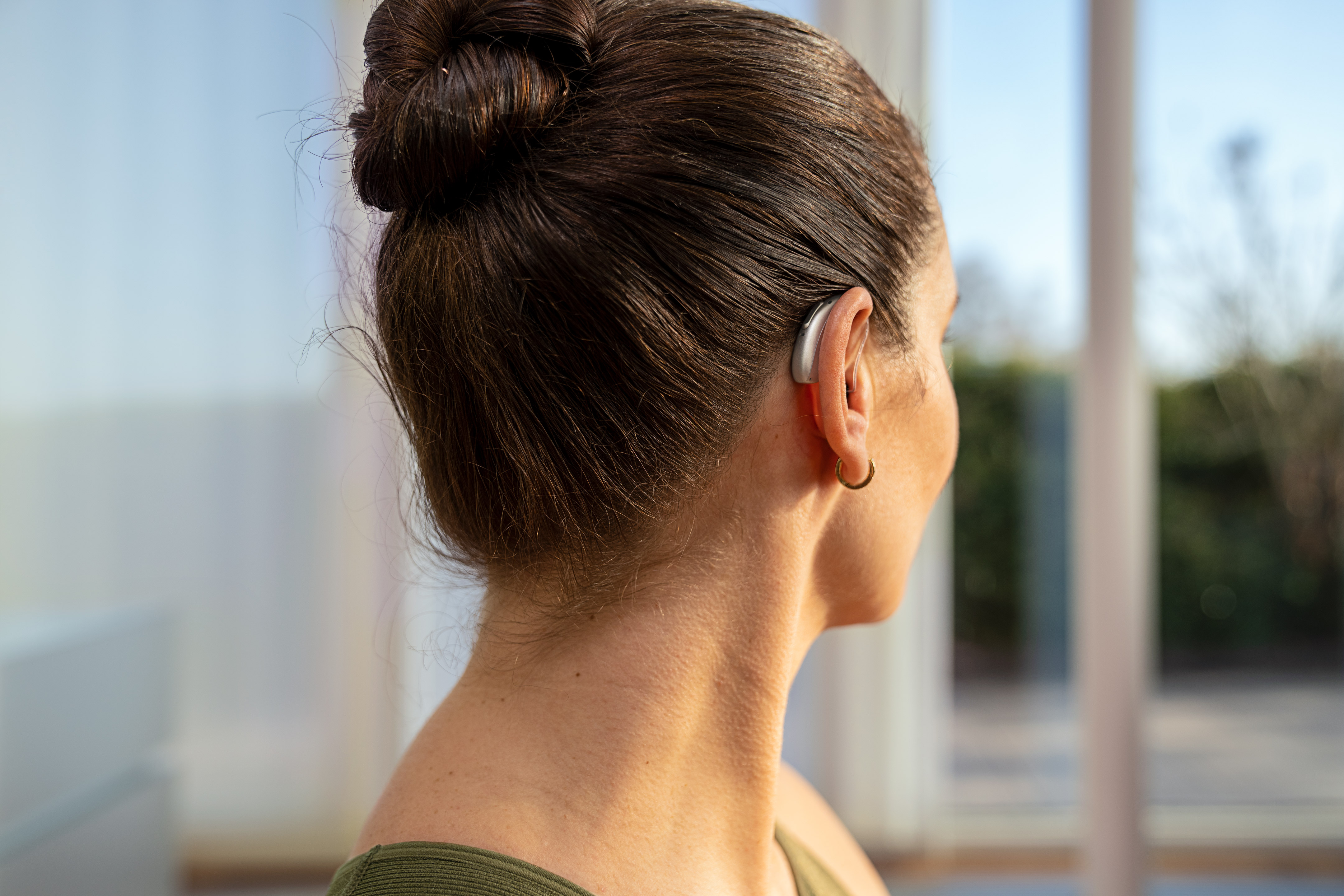Hearing aids can help
Hearing loss happens for different reasons. Many people lose their hearing slowly as they age. This condition is known as presbycusis (prez-buh-KYOO-sis). Doctors do not know why presbycusis affects some people more than others, but it seems to run in families. Another reason for hearing loss with aging may be years of exposure to loud noise. This condition is known as noise-induced hearing loss. Many construction workers, farmers, musicians, airport workers, yard and tree care workers, and people in the armed forces have hearing problems even in their younger and middle years because of too much exposure to loud noise. (Read the NIDCD's Presbycusis and Noise-Induced Hearing Loss publications for more information.)
One of the main reasons people tend to ignore their deteriorating hearing is the perceived stigma associated with hearing loss, particularly age-related issues. Many people think that wearing a hearing aid makes them look old and people will start treating them differently. This can cause behavioural changes associated with unmanaged hearing loss, including:
- Asking people to repeat themselves
- Not participating in conversations
- Avoiding social situations
- Not being involved in work meetings
- Not hearing traffic or other important sounds
- Dementia and Alzheimer's, both of which have a link to untreated hearing loss
- Depression
It’s extremely important to combat such misconceptions, as they prevent people from seeking help. This can turn out to be very harmful, as hearing loss worsens when left untreated. Hearing aids not only improve hearing – they are also a preventative measure against social isolation, depression, dementia and Alzheimer's.
Thankfully, in recent years this perceived stigma has started to dissolve as hearing aids have become smaller and less noticeable. Some, like Lyric, sit inside the ear canal and are virtually invisible. This has helped people with hearing loss become more accepting of their diminished hearing ability and less worried about what people will think if they wear hearing aids.

.png?branch=web_prod)


.png?branch=web_prod)